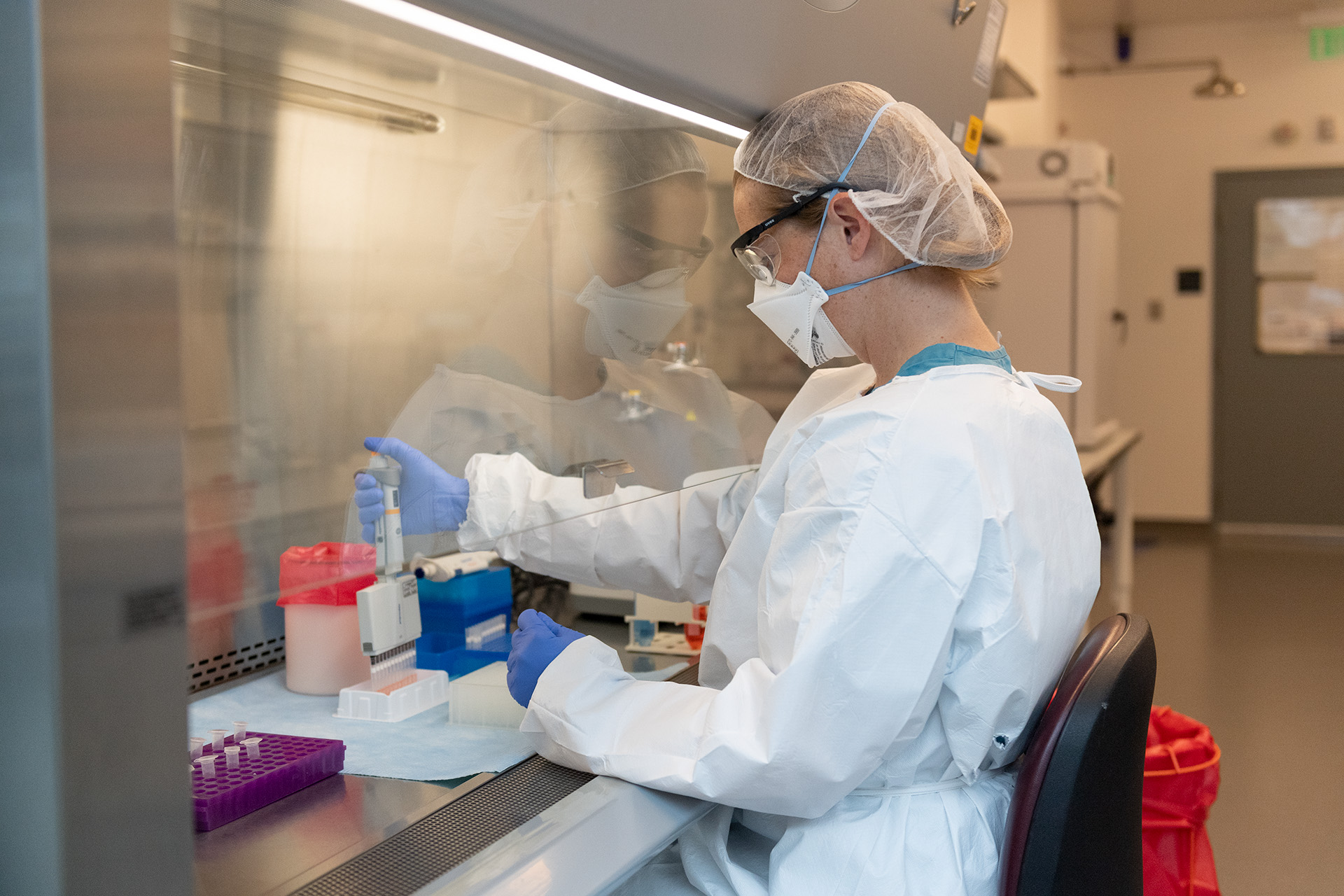Navigating Veterinary Laboratories Near You and What to Expect
Navigating Veterinary Laboratories Near You and What to Expect
Blog Article
Many pet owners aren’t aware of how essential veterinary labs are to their animal’s health journey.
In this article, we’ll explore what veterinary labs do, what services they offer, how to find one near you, and why choosing the right lab matters.
Let’s start by understanding exactly what a veterinary laboratory is and why it’s essential in modern animal healthcare.
What Is a Veterinary Laboratory?
A veterinary laboratory is a specialized facility where biological samples from animals—such as blood, urine, feces, or tissue—are analyzed to detect diseases, monitor health, and guide treatment plans.
Some focus on general diagnostic testing for common pets like dogs and cats, while others handle specialized species, such as exotic animals, horses, or livestock.
In the US, veterinary laboratories can operate as standalone diagnostic centers, be integrated into veterinary hospitals, or work as part of nationwide networks.

What Tests Do Veterinary Labs Offer?
Routine blood tests, such as complete blood counts (CBC) and blood chemistry panels, provide insights into organ function, immune response, and general wellness.
For more specialized diagnostics, veterinary labs offer cytology (examining cells under a microscope), biopsies, hormone level testing (such as thyroid or cortisol), and infectious disease panels.
Whether a laboratorio de analises clinicas para animais veterinarian is confirming diabetes, diagnosing cancer, or screening for zoonotic diseases, a reliable veterinary lab ensures the right data is available for informed decisions.
Locating a Veterinary Laboratory in Your Area
Many vet clinics also have in-house labs for basic tests and refer complex cases to specialized facilities.
Look for labs certified by organizations like the American Association of Veterinary Laboratory Diagnosticians (AAVLD), which ensures high-quality standards.
Choosing the right local lab ensures quick turnaround, reliable results, and peace of mind.

Choosing Between Standard and 24-Hour Veterinary Labs
Not all veterinary labs operate the same way.
These labs are often linked to emergency veterinary hospitals and specialize in handling critical cases at any time of day or night.
Discuss with your veterinarian which lab setup best suits your pet’s needs.
The Importance of Veterinary Lab Testing
Without accurate diagnostics, treatment plans may miss the mark, potentially delaying recovery or worsening outcomes.
For preventive care, routine lab work helps catch issues before symptoms appear.
With the support of a trusted veterinary laboratory, you and your veterinarian can work together to make informed, timely, and effective healthcare decisions.
Final Thoughts on Veterinary Diagnostics
Accurate, timely results help catch problems early, support effective treatments, and give you peace of mind as a pet owner.
By understanding the range of services veterinary labs offer, knowing when to seek 24-hour support, and learning how to find reputable labs near you, you empower yourself to make the best choices for your animal companion.
As veterinary medicine continues to evolve, so do the diagnostic tools available to monitor and protect your pet’s health.
Your Veterinary Lab Questions Answered
Why do vets use diagnostic labs?
A veterinary diagnostic lab analyzes samples from animals (like blood, urine, or tissue) to detect diseases, monitor health, and guide treatment plans.
How do I find a veterinary lab near me?
Ask your veterinarian for recommendations—they often work with trusted local labs or national diagnostic networks.
When should I use a 24-hour veterinary lab?
If your pet experiences sudden, severe symptoms—such as collapse, poisoning, or acute injury—a 24-hour veterinary lab can provide rapid diagnostics to support emergency treatment.
What types of tests are done in veterinary labs?
Common tests include blood counts, chemistry panels, hormone levels, infectious disease screening, urinalysis, fecal exams, cytology, biopsies, and genetic testing.
Are veterinary diagnostics expensive?
Costs vary based on the type of test, species, and urgency.
Report this page